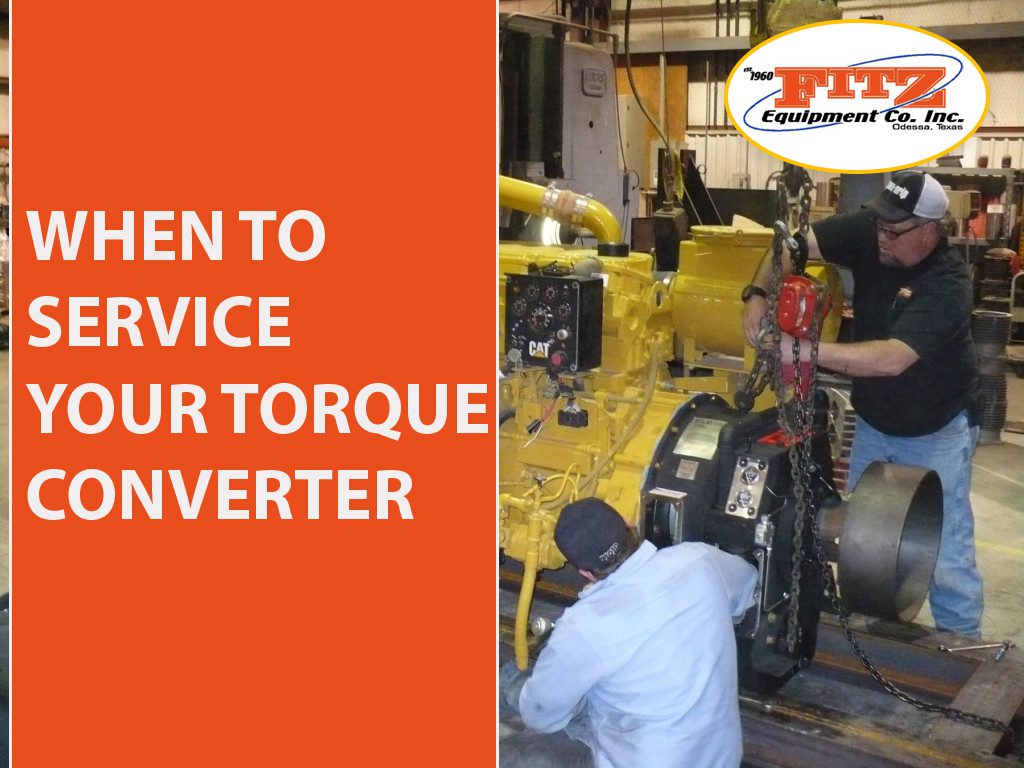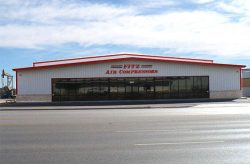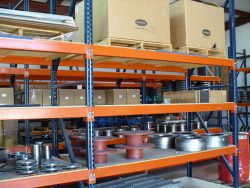When to Service your Torque Converter

The importance of having fully-functioning tools is a no-brainer. If you operate heavy equipment, it goes without saying that if things are malfunctioning, you’re going to face some downtime, loss of possible business, and total frustration all round. And, that’s why regular service and repair of parts such as torque converters is so vital.
Industrial torque converters give your machinery the torque and horsepower that will move your projects forward – in more ways than one. However, these converters are not impervious to breakdowns. So, make sure you are aware of the signs that can help you identify your equipment’s issues.
Want to know if your torque converter needs a service? Here are typical bad torque converter symptoms to look out for:
- Slipping: Is your torque converter slipping or shuddering? This probably means it’s time for a run-through because the equipment is perhaps having a clutch problem – failing to deliver power to the converter.
- Dirty Liquid: First prize is for all of the liquid in your industrial equipment to appear nice and thick. You don’t want to find thick clumps of dark material in there. It should also have good viscosity; otherwise, it can lead to slips, overheating, or other problems. So keep an eye on your oils and other fluids.
- Overheating: Overheating is often caused by bad seals or a drop in fluid pressure. Checking fluid pressure is quite tricky, which is why regular servicing from the experts is advised.
- Deformed Blades: Turbine blades that have fragmented or been deformed will make your torque converter lose effectiveness quickly. This will require major repairs or a complete rebuild to avoid loss of efficiency of the converter.
If you run into any of those problems, you’ll notice a few of these common symptoms:
1. Loss of Power
The torque converter is what converts horsepower to torque. So when the converter fails, you’ll find your machine will suffer from a serious loss of power. If your clutch starts to slip, don’t blame the loss of power on the converter; instead, it’s the master clutch at fault and not transferring that power. A quick clutch adjustment will sort out this problem.
2. Surging and Lagging
When you notice your machine starting to do the shudder and jerk dance, you have problems. When it starts shuddering, it may well be from the torque converter – it’s time to check the transmission. Are you experiencing lagging or surging and lack of constant speed or power? You’ll find you may have erratic converter fluid pressure or flow. Check if the converter fluid is low in the day tank or if air is present in the converter fluid circuit.
3. Slow Engagement
If you have a problem with the converter, you’ll find the transmission will take longer than expected to engage the engine. Unfortunately, this will mean slow engagement in higher stall speeds. You’ll need to check the engine’s stall speed designations and complete a test to identify any torque converter issues.
Contact Us Today
Using heavy equipment with a problematic torque converter can be hazardous and often leads to further problems with your machinery. Struggling to know if your torque converter needs servicing? Contact Fitz Equipment for over 50 years of dependable, fast, and friendly service.
Fitz Industrial Patterns manufactures parts for torque converters and specialty machine parts. Fitz Equipment may have expanded, but one thing hasn’t changed. It is still a family-owned business with a commitment to superior customer service.




